Invited Speakers

Edward H Allison
WorldFish
Eddie Allison is a transdisciplinary researcher with a PhD in fisheries management from the University of Liverpool, UK. His research interests are in food systems, global environmental and social change, human-environment relationships, and equity and justice, with a sustained focus on these topics’ intersection with small-scale fisheries and aquaculture and ocean governance. He is currently a Principal Scientist at WorldFish, having previously held various leadership roles at WorldFish, faculty positions in the School of International Development at the University of East Anglia, UK and in the School of Marine and Environmental Affairs at the University of Washington, USA, and worked as a consultant for international organizations, including UN FAO and UK DFID. He is a former member of IMBER’s advisory board and has been listed as a Clarivate/Web of Science Highly Cited Scientist every year since 2020.
Current global food systems, based on key nutrients that are produced fromfossil fuelsor
mined, are widely regarded as unsustainable, inequitable and unhealthy. Global foodandnutrition policy forums therefore increasingly look to regenerative, agroecological, nature-based [read more]
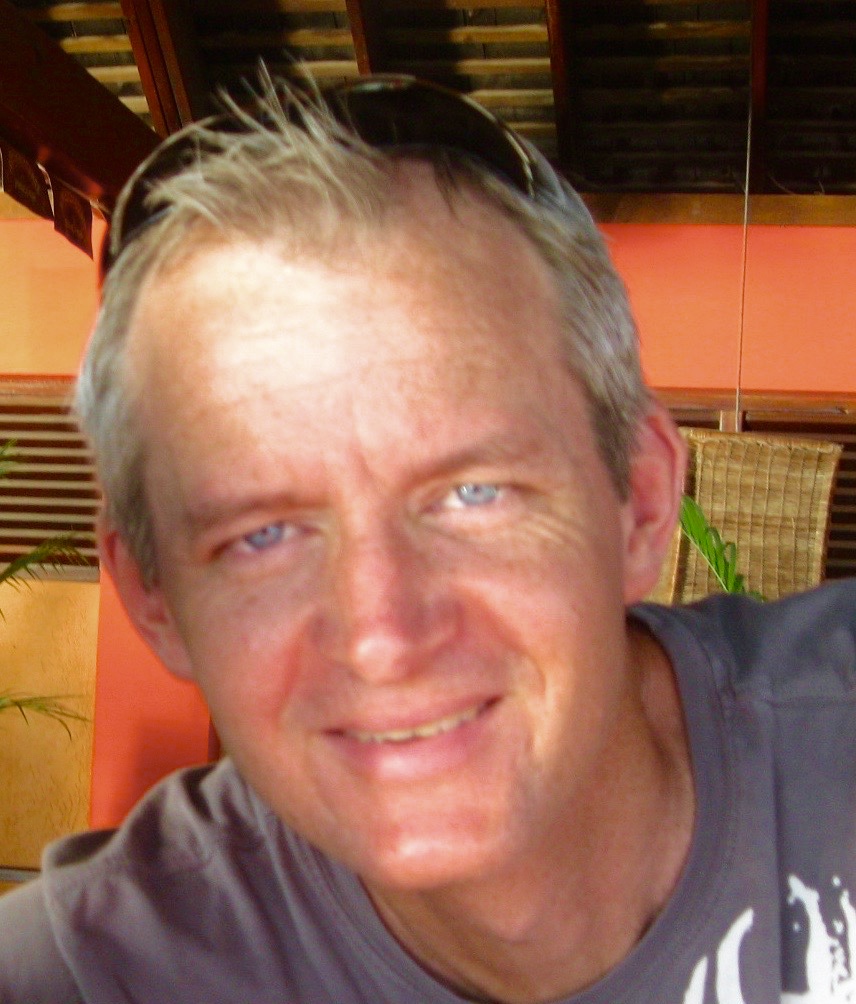
Derek Armitage
School of Environment, Resources and Sustainability, University of Waterloo
Derek Armitage is Professor and Director of the School of Environment, Resources and Sustainability, University of Waterloo (Canada). He is co-lead of the Vulnerability to Viability Global Partnership for Small-Scale Fisheries, is a vice-chair of the Scientific Steering Committee of the Integrated Marine Biosphere Research program, served on the Independent Science Panel for New Zealand’s Sustainable Seas Science Challenge, and is a co-ordinating author for the World Ocean Assessment. He is co-editor of several books, including ‘Adaptive Co-Management: Collaboration, Learning and Multi-Level Governance’ (UBC Press), ‘Governance of the Coastal Commons’ (Routledge), and ‘Sea Change: Charting a Sustainable Future for Oceans in Canada’ (UBC Press).
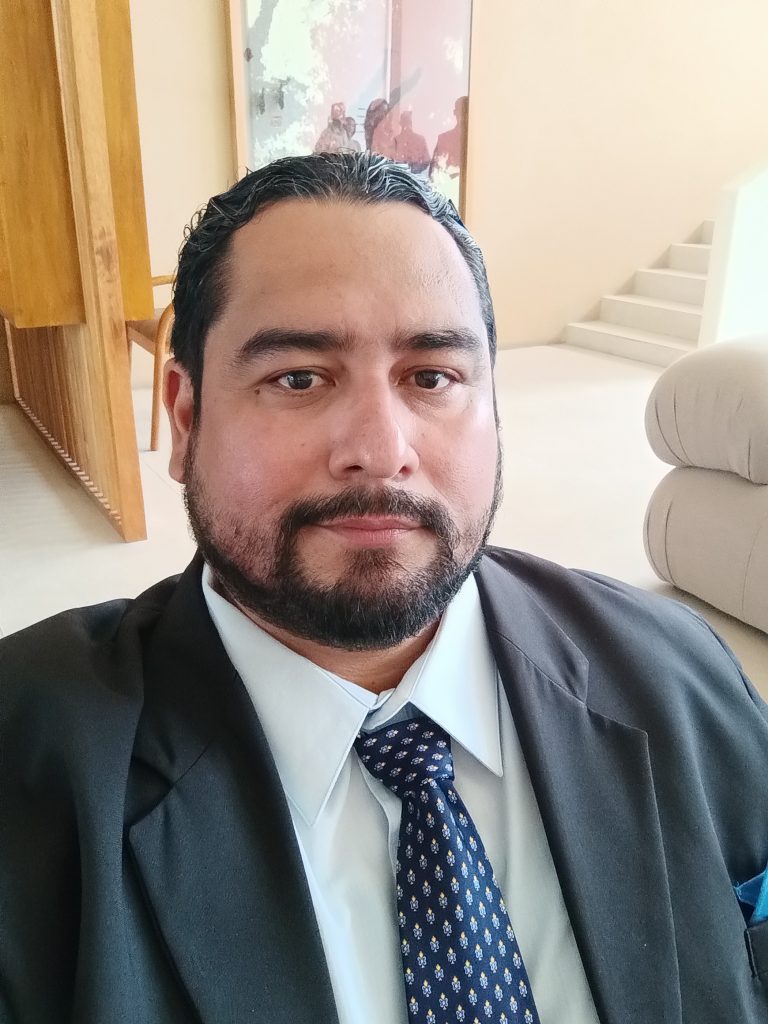
Giovanni Avila-Flores *
Autonomous University of Baja California Sur
My research focuses on the conservation and sustainable management of coastal ecosystems, particularly mangroves, salt marshes, and urban wetlands. I specialize in ecosystem services, nature-based solutions, and mixed methods research, with an emphasis on socio-ecological resilience and environmental governance. My work focus on integrated assessments, GIS analysis, and local knowledge to evaluate ecosystem conditions and inform policy. Key contributions include a comprehensive evaluation of mangroves in Baja California Sur, Mexico, collaboration with the IUCN Red List of Ecosystems, and leadership in global networks such as Future Earth and the Early Career Researchers Network of Networks. Recently, I was appointed as Deputy Director of the International Project Office of Future Earth Coasts for Latin America and the Caribbean.

Marta Ballesteros
Spanish Institute of Oceanography (IEO-CSIC)
Marta Ballesteros is a researcher at the Spanish Institute of Oceanography (IEO-CSIC) who specializes in marine and fisheries governance as well as the science-policy interface. She is involved in interdisciplinary and transdisciplinary projects aimed at tackling complex marine challenges within social-ecological systems. Marta leads the systematic integration of the Human Dimension at IEO and participates in a broad network of marine social scientists. She co-chairs the Working Group on Stakeholder Engagement at the International Council for the Exploration of the Sea (ICES) and the Socioeconomic Subgroup of the Technical Expert Group on Data for Maritime Spatial Planning. With over twenty years of experience, her publications emphasize the importance of incorporating social sciences as part of the best available evidence to inform decision-making.
Stakeholder engagement has become pivotal in research and policy processes in the marine realm worldwide. However, participation is still a multilayered puzzle of credibility, legitimacy and saliency. The International Council for the Exploration of the Sea (ICES) [read more]
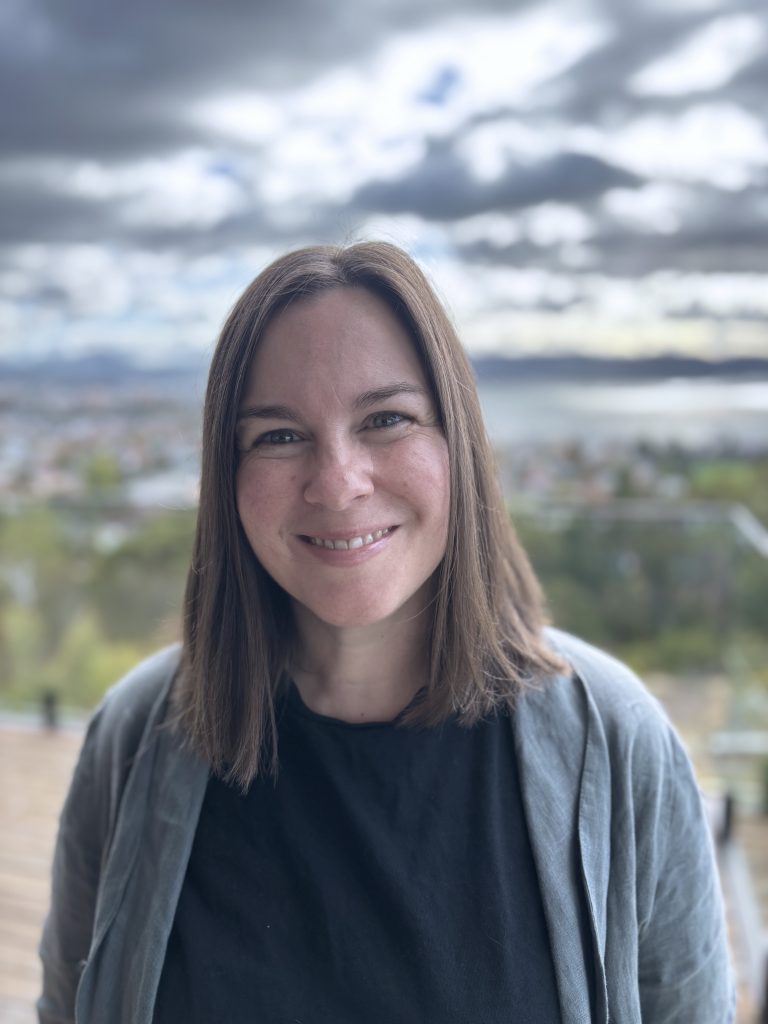
Julia Blanchard
University of Tasmania
Julia Blanchard is a Professor and ARC Future Fellow in Global Change Ecology at the Institute for Marine and Antarctic Studies and the Centre for Marine Socioecology at the University of Tasmania, Australia. She leads a team of researchers working on projects at the nexus of climate change, environment, and food security. Since 2021, she has led the Fisheries and Marine Ecosystem Model Intercomparison Project (FishMIP), a global network of marine ecosystem modelers that assess climate change and human impacts on marine ecosystems and fisheries around the world. With over 25 years of experience, she specializes in developing and applying ecological models to assess the impacts of human activities on marine ecosystems and to explore future scenarios for more sustainable food systems.
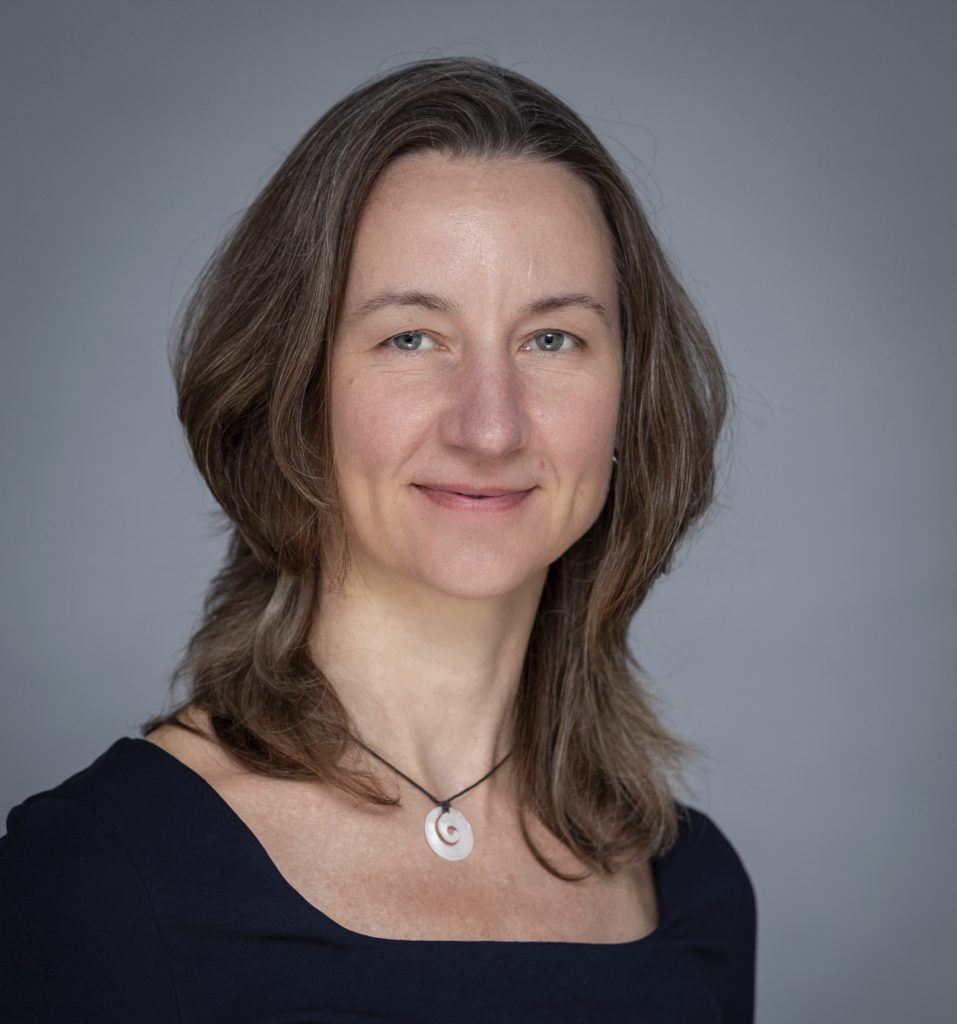
Annette Breckwoldt *
Leibniz Centre for Tropical Marine Research (ZMT), Bremen
Annette Breckwoldt is an interdisciplinary marine scientist at the Leibniz Centre for Tropical Marine Research (ZMT) in Bremen (Germany). She is co-leading ZMT’s Programme Area 5 (Ocean Literacy, Equity and Leadership), and is co-PI of the binational project SOCPacific2R (A Sea of Connections: valuing reef passages in the South Pacific region; Website: socpacific.link). She collaborates on additional inter- and transdisciplinary projects for the sustainable use and protection of coastal marine spaces and to address complex issues in marine resource management, conservation and ocean-human relations. Her research focuses on marine social sciences, science-stakeholder interactions, participatory research methods, small-scale and subsistence fisheries, local knowledge and realities of resource use, environment and development of small island states, inter- and transdisciplinary approaches to sustainability.
Over the past decade, the Human Dimensions Working Group (HDWG) of IMBeR has made significant contributions to understanding the complex interactions between human societies and marine ecosystems. Through its interdisciplinary approach [read more]
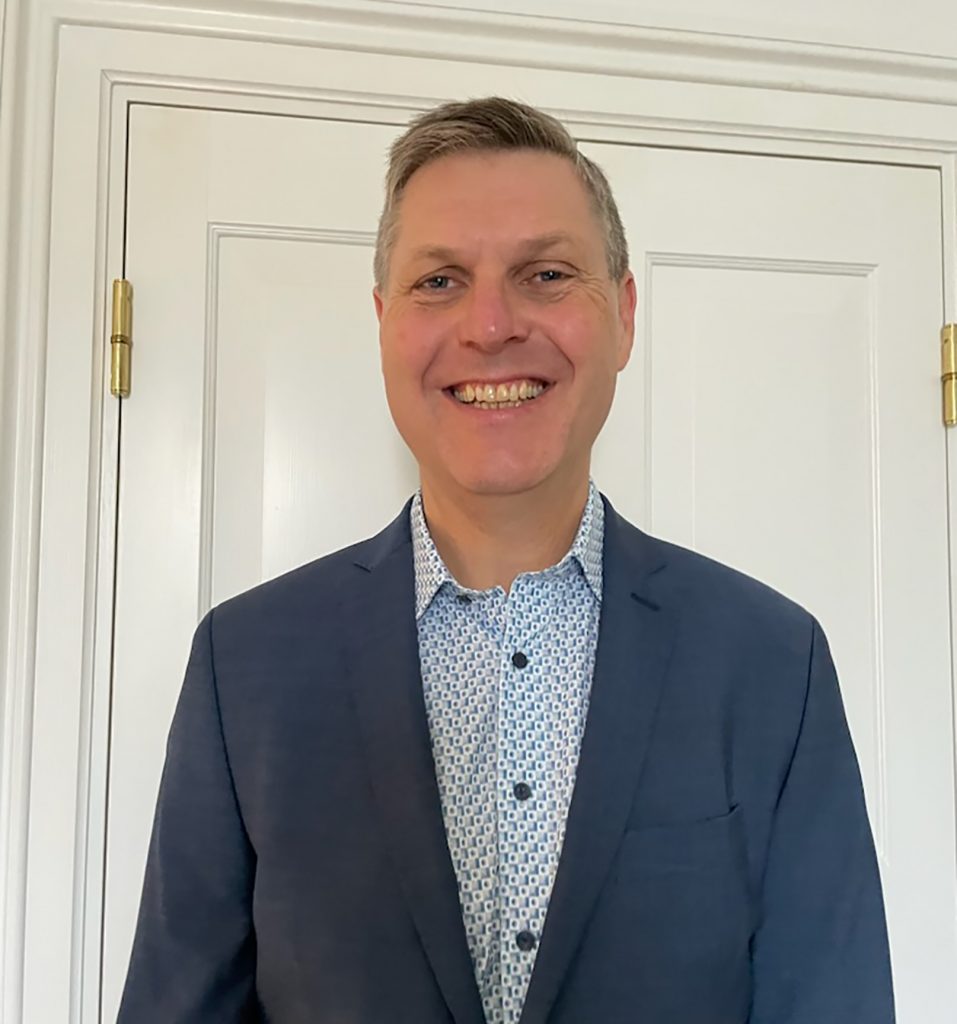
Jacob Carstensen
Department of Ecoscience, Aarhus University
Jacob Carstensen is a professor at Aarhus University, Department of Ecoscience. From an educational background in mathematics and statistics, he has worked on describing and understanding long-term changes in marine ecosystems in response to nutrient enrichment, climate change and physical disturbances from human activities. Jacob is strongly engaged in environmental policies in the Baltic Sea area, on national and regional level, through developing ecological indicators and integrated assessment systems as well as providing recommendations to agencies and regional sea conventions for nutrient management. Much of his research has been centred on eutrophication and its adverse effects, such as algal blooms, loss of benthic vegetation and hypoxia. Jacob has published more >180 papers in peer-reviewed journals, which have been cited ~20000 times. According to Web-of-Science, he ranked among the top 1% cited scientists within the discipline of cross-disciplinary science in 2019, 2020, 2021, 2022 and 2023.
Nutrient management plans have been successful in reducing nutrient inputs to many coastal ecosystems, but ecosystem responses have been unanticipatedly weak. This lack of recovery has been attributed to non-linear hysteresis effects, changes in [read more]
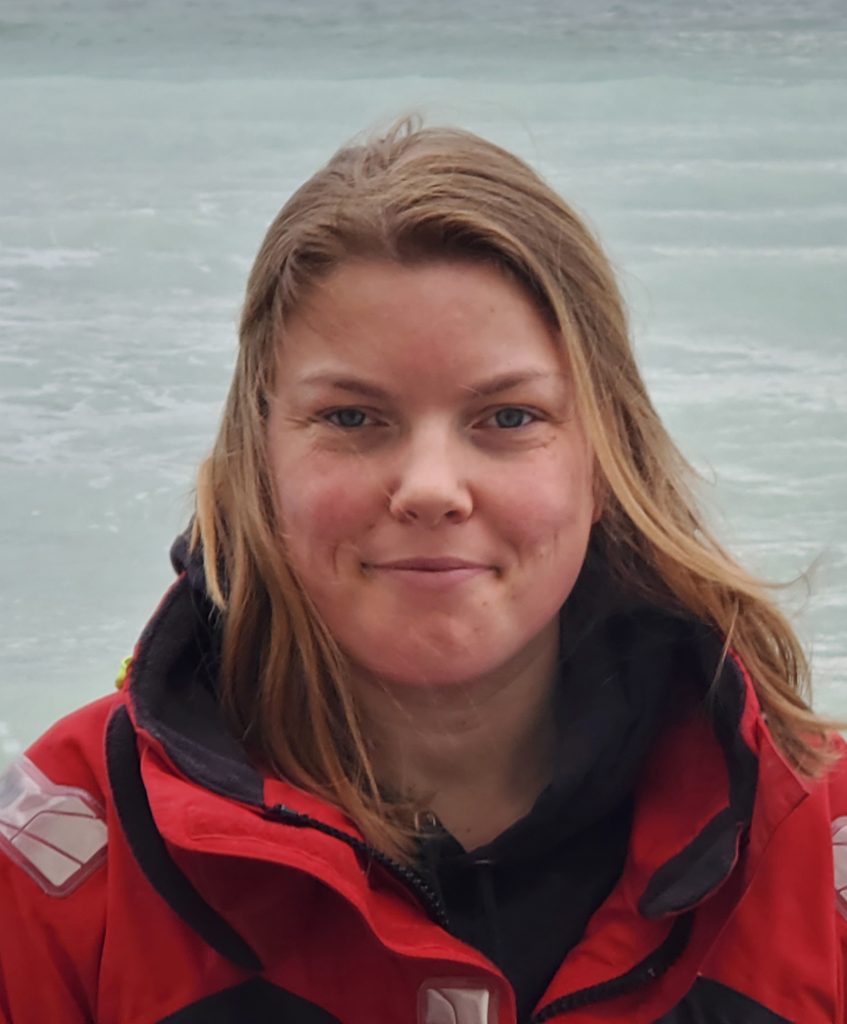
Emma Cavan *
Imperial College London
Dr. Emma Cavan is a Senior Lecturer in ocean biogeochemistry and ecology at Imperial College London. She has spent over 10 years researching how carbon is sequestered through the biological pump, and how human pressures work to impact this carbon sink. She is part of many UK and internationally funded projects on all aspects of the biological pump, but has a particular interest in the Southern Ocean, Antarctic krill and fishing. Emma co-chairs the ICES working group WKFISHCARBON, bringing together international experts to address the impact of fishing on the biological pump.
This presentation summarises the structure of the Integrating Climate and Ecosystem Dynamics (ICED) in the Southern Ocean programme, its vision and three research goals which align with IMBeR. It also highlights 3 of our most recent activities [read more]
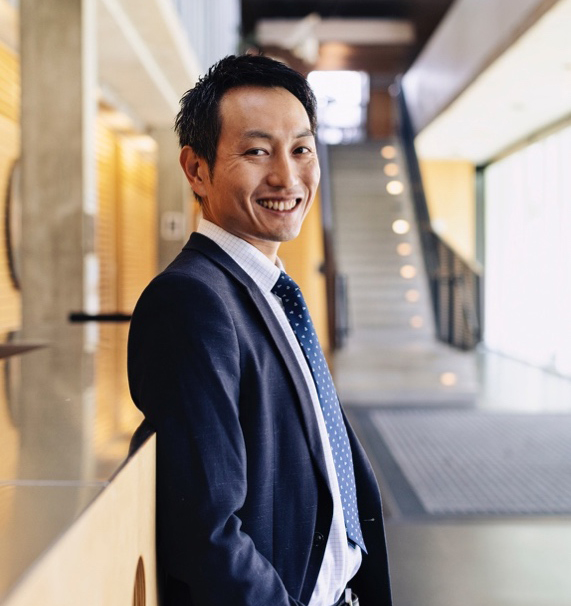
William Cheung
University of British Columbia
Dr. William Cheung is a Professor and Director of the Institute for the Oceans and Fisheries, the University of British Columbia, and a Canada Research Chair in Ocean Sustainability and Global Change. He studies the nexus of food-climate-biodiversity in the ocean. He develops and applies transdisciplinary approaches that integrate scenarios and models with participatory methods to (1) understand the risk and impacts of climate change on marine ecosystems, fisheries and people who are dependent on it, and (2) explore solution options and pathways to desirable and sustainable ocean futures. He serves as director for the 6-year international Partnership “Solving Sustainability Challenges at the Food-Climate-Biodiversity Nexus (Solving-FCB)”. His work addresses policy-relevant research questions and cuts across multiple disciplines, from oceanography to ecology, economics and social sciences. His research ranges from local to global scales. William is actively involved in international and regional initiatives that bridge science and policy, including the Intergovernmental Panel on Climate Change (IPCC) and the Intergovernmental Platform on Biodiversity and Ecosystem Services (IPBES).
Ensuring a sustainable and secure future for both humanity and the natural environment requires that decisions about natural resource use and societal well-being align with Earth’s environmental limits. A key global challenge is to develop [read more]
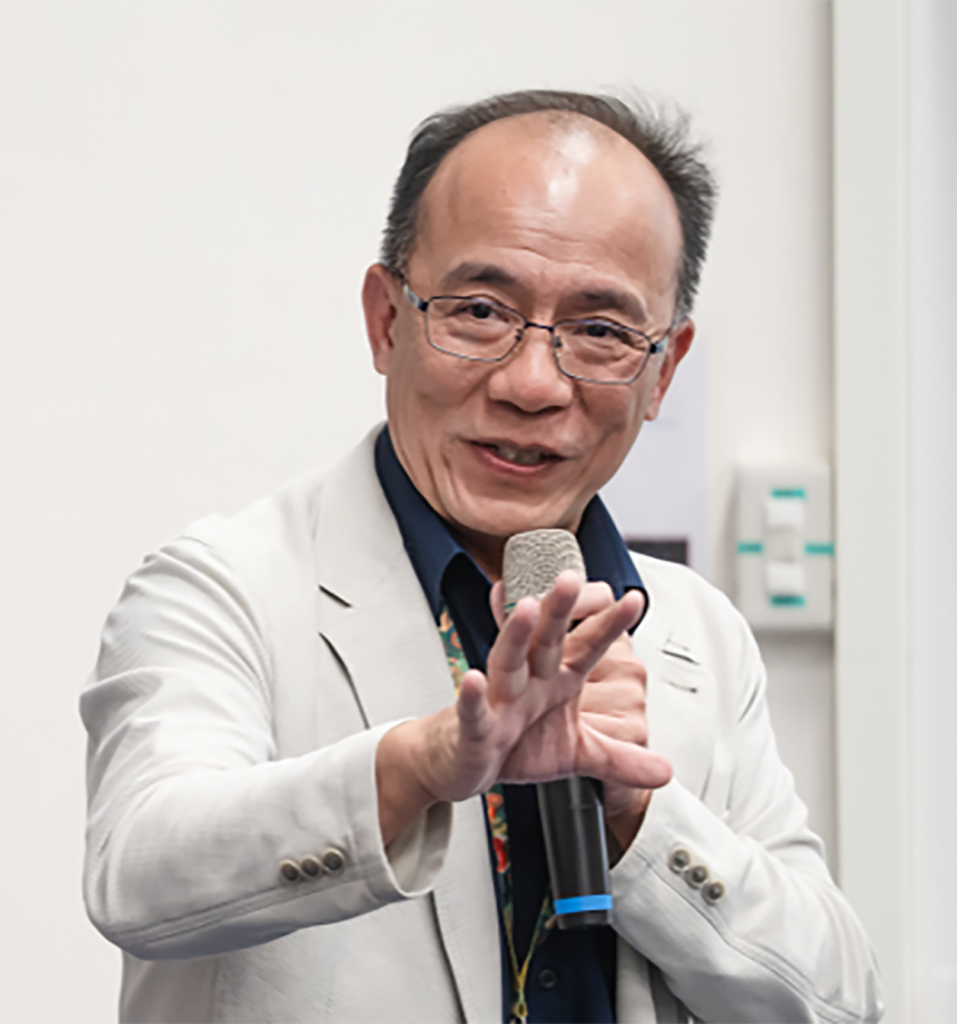
Wen-Chen Chou
National Taiwan Ocean University
Dr. Wen-Chen Chou is a Distinguished Professor in the Institute of Marine Environment and Ecology at National Taiwan Ocean University. He serves as an Associate Editor for several esteemed journals, including Estuaries and Coasts, Frontiers in Marine Science, and the Journal of Marine Science and Engineering. Dr. Chou has dedicated his career to advancing the understanding of carbonate chemistry in ocean margins and coastal waters. In the early stages of his research, he focused on the carbonate chemistry of marginal seas, particularly the South China Sea and the East China Sea. In recent years, his research interests have expanded to encompass ocean acidification and the critical role of coastal blue carbon ecosystems in climate change mitigation.
Coastal blue carbon ecosystems (CBCEs), including seagrass meadows, play a crucial role in carbon sequestration. While traditional assessments have largely focused on particulate organic carbon (POC) burial, emerging research [read more]
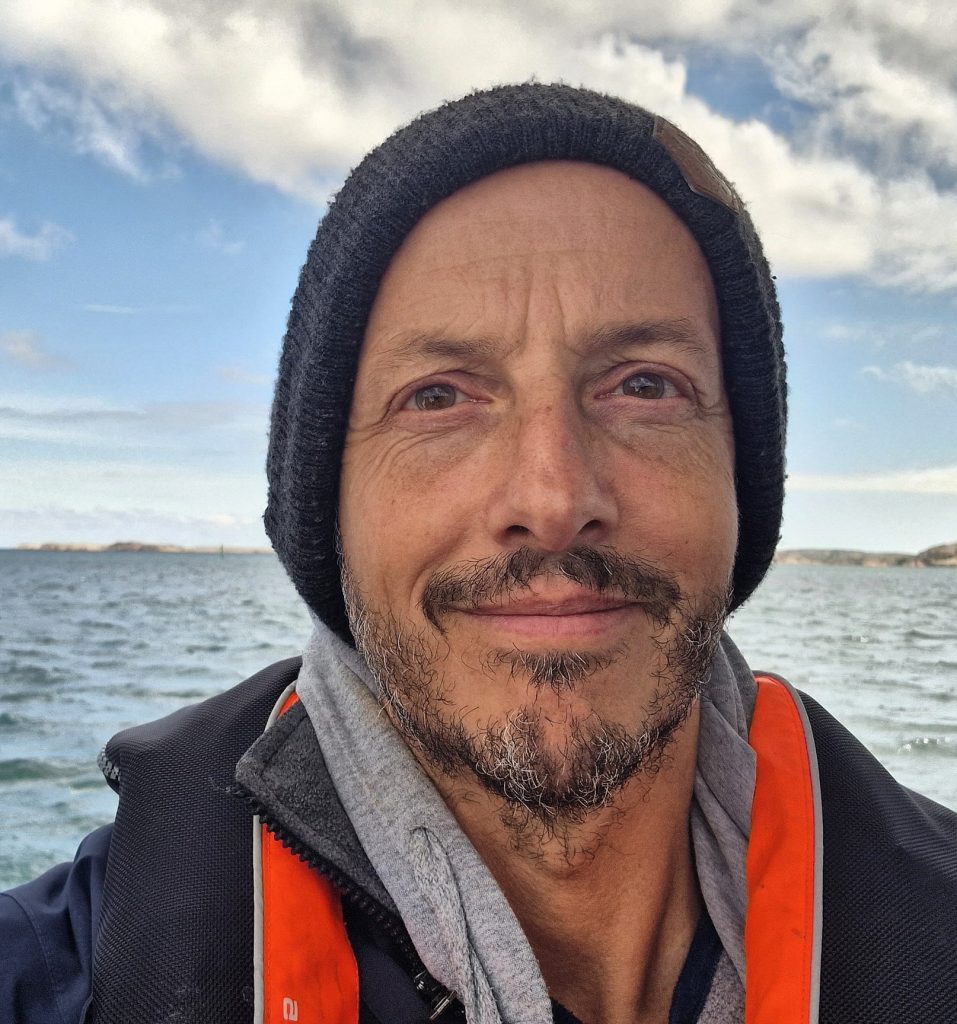
Sam Dupont *
University of Gothenburg
Sam Dupont is an Associate Professor and Senior Lecturer in Marine Eco-Physiology at the University of Gothenburg. His main research focus is the biological impacts of global changes such as ocean acidification and warming on marine ecosystems. He has published in more than 200 publications in journals including Nature, Science, PNAS and TREE. He is also working on the development of innovative science communication and education strategies to tackle global challenges. The third aspect of his work aims at evaluating and building capacities for marine science in developing countries.
Ocean acidification is broadly recognized as a major problem for marine ecosystems worldwide, with follow-on effects to the economies of ocean-dependent communities. A need for coordination of ocean acidification monitoring, research and synthesis activities led [read more]
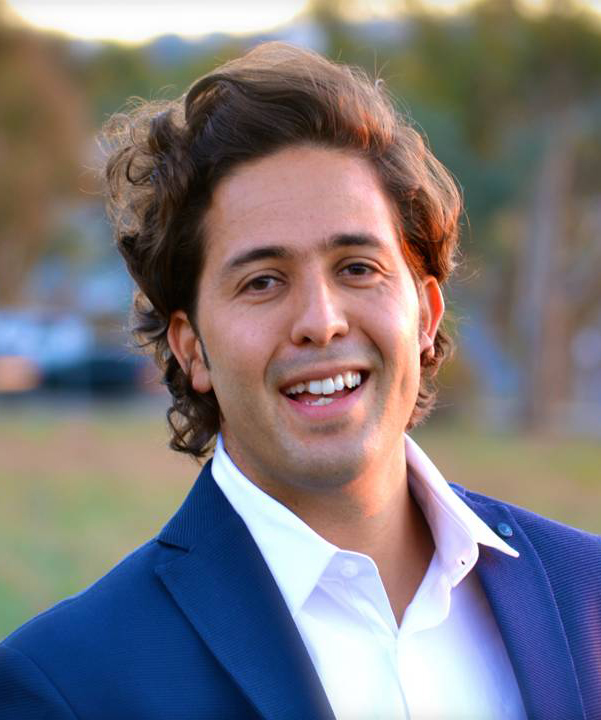
Yassir Eddebbar *
Scripps Institution of Oceanography
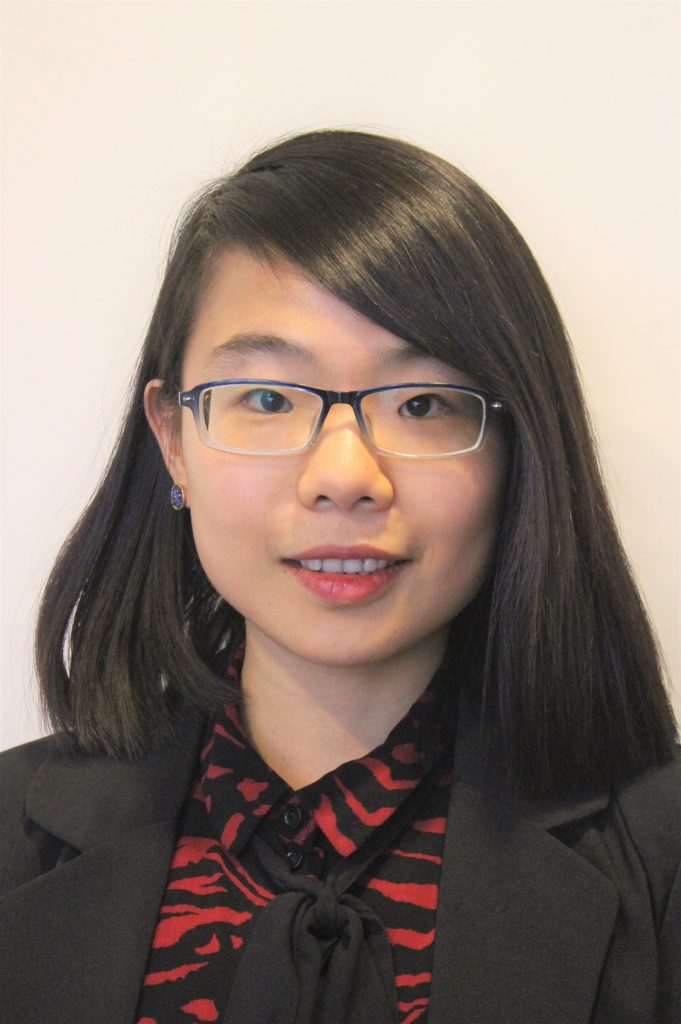
Xiaoyu Fang
State Key Laboratory of Estuarine and Coastal Research, East China Normal University
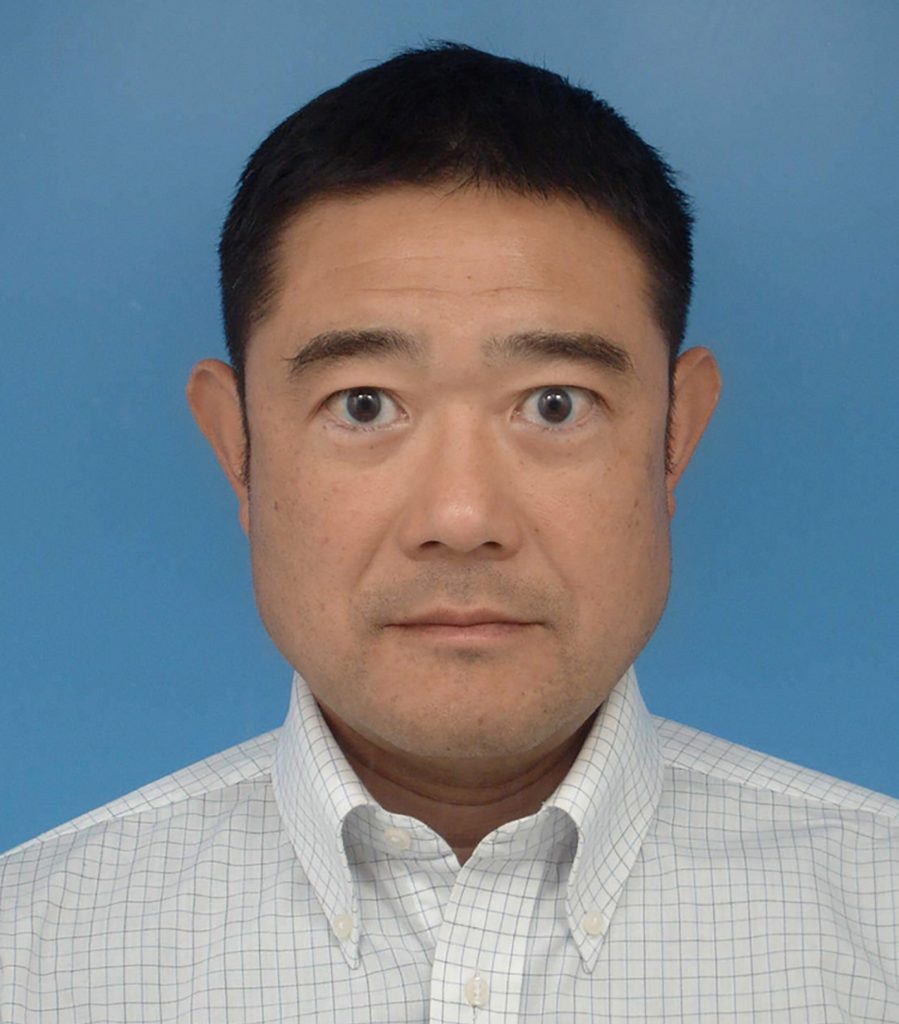
Masahiko Fujii
Atmosphere and Ocean Research Institute, The University of Tokyo
Masahiko Fujii is Professor of Atmosphere and Ocean Research Institute, The University of Tokyo, Japan. He has been involved in research and education on assessment, future projection, and mitigation and adaptation measures for the impacts of global warming, ocean acidification, and deoxygenation on coastal ecosystems and local societies. Recently, he has also been investigating the impacts of ocean acidification on coastal ecosystems by examining in detail the marine environment of shallow-water CO2 seeps existing in the seas around Japan.
There is growing concern in recent years that, like global warming, ocean acidification primarily caused by excessive anthropogenic CO2 may adversely affect calcifying organisms. Similarly, hypoxia, the long-term decline in dissolved oxygen (DO) concentrations [read more]
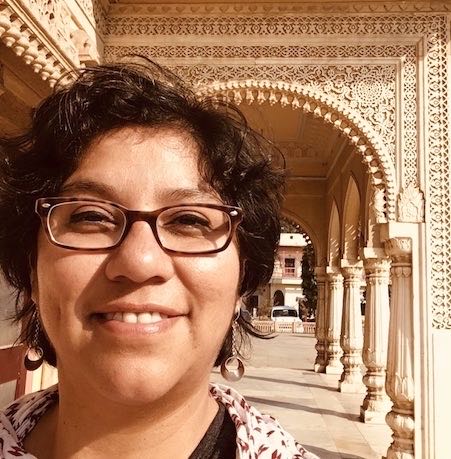
Marisol García-Reyes
Farallon Institute
Marisol has a background in physics and atmospheric science, but she’s an oceanographer at heart. She has studied coastal upwelling for over 15 years, focusing on its variability, how it relates to climate, and how it impacts its marine ecosystem. Her current research focuses in how climate change, variability, and extreme events impact habitat conditions for organisms (in Eastern Boundary Upwelling regions and in the North Pacific and Bering Sea). Marisol also maintains the Multivariate Ocean Climate Indicator for California (see the MOCI project). She is a mentor, committed to increasing equity in education for people of color, and increasing diversity in sciences.
Upwelling systems are some of the most productive ecosystems of the world. Those associated to the Eastern Boundary Current Systems have been of much interest due to extent of their upwelling areas and their response to changes in climate. [read more]
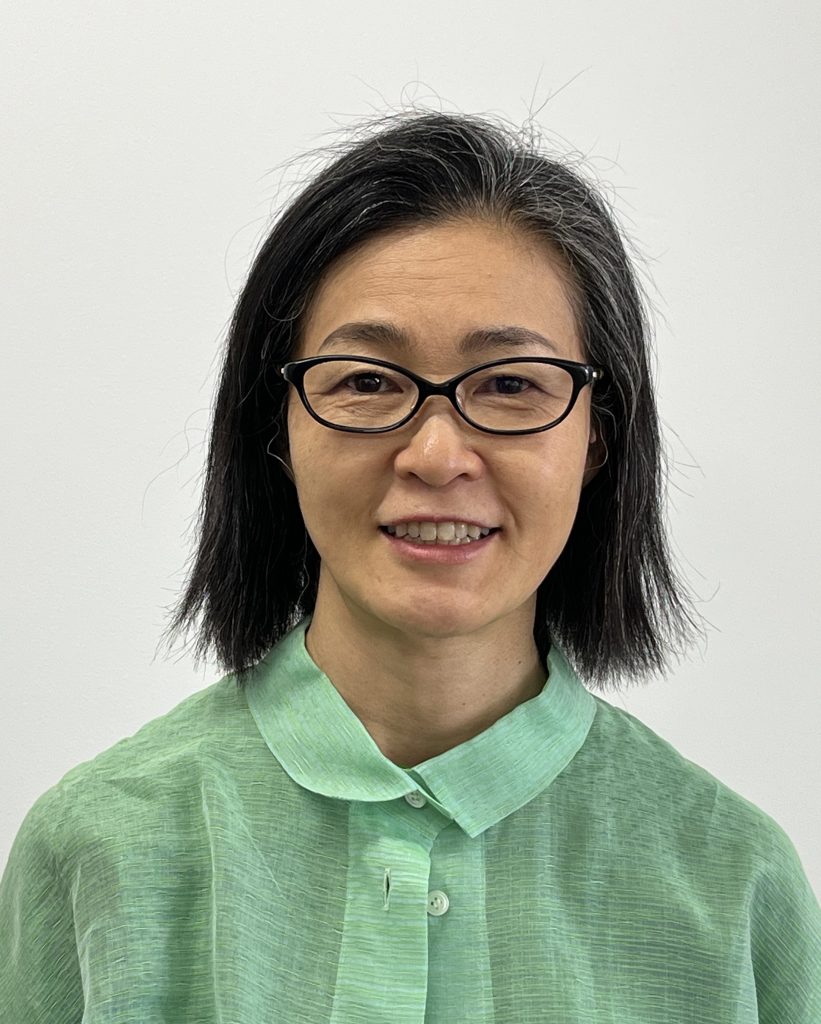
Naomi Harada *
Atmosphere and Ocean Research Institute, The University of Tokyo
I specialize in biogeochemistry. I have conducted research to elucidate the evolution of the marine environment over the past 100,000 years as recorded in seafloor sediments in the high latitudes of the North Pacific Ocean, and to elucidate the production of marine organisms and ecosystem responses to the reduction of sea ice in the Arctic Ocean. I have participated in ESSAS for about 10 years as a member of the SSC and have recently contributed to the development of ESSAS as co-chair.
The Ecosystem Studies of the Subarctic and Arctic Seas (ESSAS) program was established in 2005 as a regional program of GLOBEC to compare, quantify and predict the impact of climate variability on the productivity and sustainability of [read more]
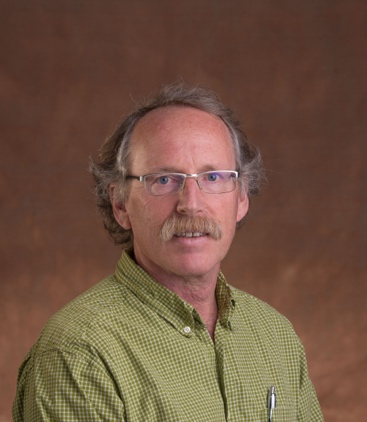
Raleigh Hood *
Horn Point Laboratory, University of Maryland Center for Environmental Science
I completed my Ph.D. at Scripps Institution of Oceanography in 1990, followed by postdoctoral research at Oregon State University and the University of Miami, before joining the University of Maryland Center for Environmental Science in 1995. I have conducted research in coastal and open ocean environments all over the world, including the Atlantic, Pacific and Indian Oceans and both the east and west coasts of North America. Presently my research is focused primarily on using models to simulate and predict biogeochemical and ecological variability in marine environments. I have also been involved in research and program development in the Indian Ocean for more than 25 years. These efforts include co-development of one of the first coupled physical-biogeochemical models of the Indian Ocean, and the formation of the Sustained Indian Ocean Biogeochemistry and Ecosystem Research (SIBER) Program and the Second International Indian Ocean Expedition (IIOE-2). I was chair of the SIBER Steering Committee from 2010 to 2019 and I am currently a member of the IIOE-2 Core Group / Steering Committee as co-chair of the Science and Research Working Group. I was the lead author of the SIBER and IIOE-2 Science Plans.
SCOR, IOC, and the Indian Ocean GOOS program (IOGOOS) are coordinating a new phase of international research focused on the Indian Ocean, which began in late 2015 and will continue through 2025. The goal is to assist ongoing research and stimulate new [read more]
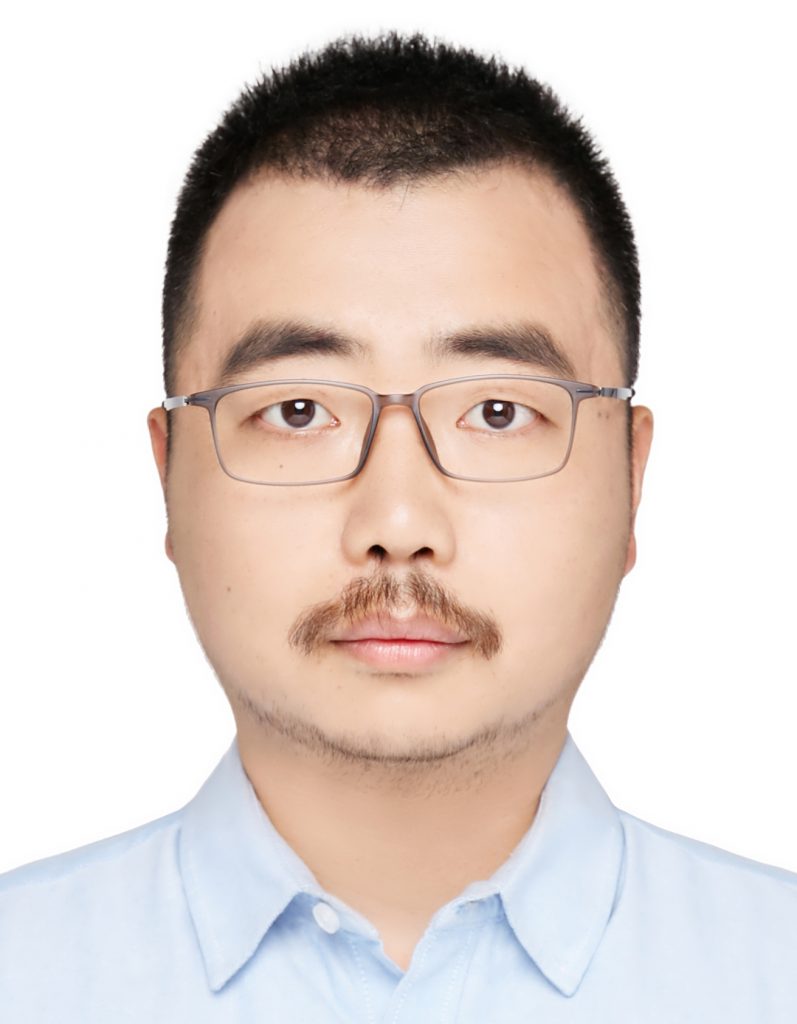
Shan Jiang
East China Normal University
Dr. Shan Jiang is a research fellow at the State Key Laboratory of Estuarine and Coastal Research, East China Normal University, specializing in biogeochemistry within coastal ecosystems. Since 2016, Shan Jiang has spearheaded multinational research campaigns across Southeast Asia. In the last 10 years, the research track of Shan Jiang covers several marine ecosystems in IPR, employing isotopic and geospatial techniques to quantify land-sea nutrient fluxes. His current work focuses on nutrient/carbon dynamics, microbial resources and ecosystem stability in IPR together with local experts and researchers. These ongoing works aim to bridge scientific discovery in ocean science and climate-based sustainable development.
The Indo-Pacific Region (IPR), serving as a critical interface between the West Pacific Ocean and East Indian Ocean, encompasses diverse coastal ecosystems and maritime corridors. This biogeographically significant zone sustains the livelihoods of [read more]

Michael R. Landry
University of California, San Diego
Michael Landry’s early career involved traditional zooplankton ecology, studying copepod population dynamics and omnivory/carnivory, from which he adapted population dynamic approaches to investigate growth, mortality, production and grazing of marine microbes. As a field ecologist, he has explored diverse ecosystems from tropical to polar seas in over 50 years of collaborative shipboard studies. Mike’s research takes a system-level approach to plankton community ecology, food web interactions and comparative ecosystem analyses, involving the integration of many methods to constrain and understand process rates and relationships connecting phytoplankton, bacteria, protistan microzooplankton, mesozooplankton and larval fishes to one another and to physical drivers and biogeochemical cycling. He is a Fellow of AAAS and ASLO and serves on the Steering Committee for SIBER and U.S. Organizing Committee for IIOE-2, advancing biogeochemical and ecological research in the Indian Ocean.
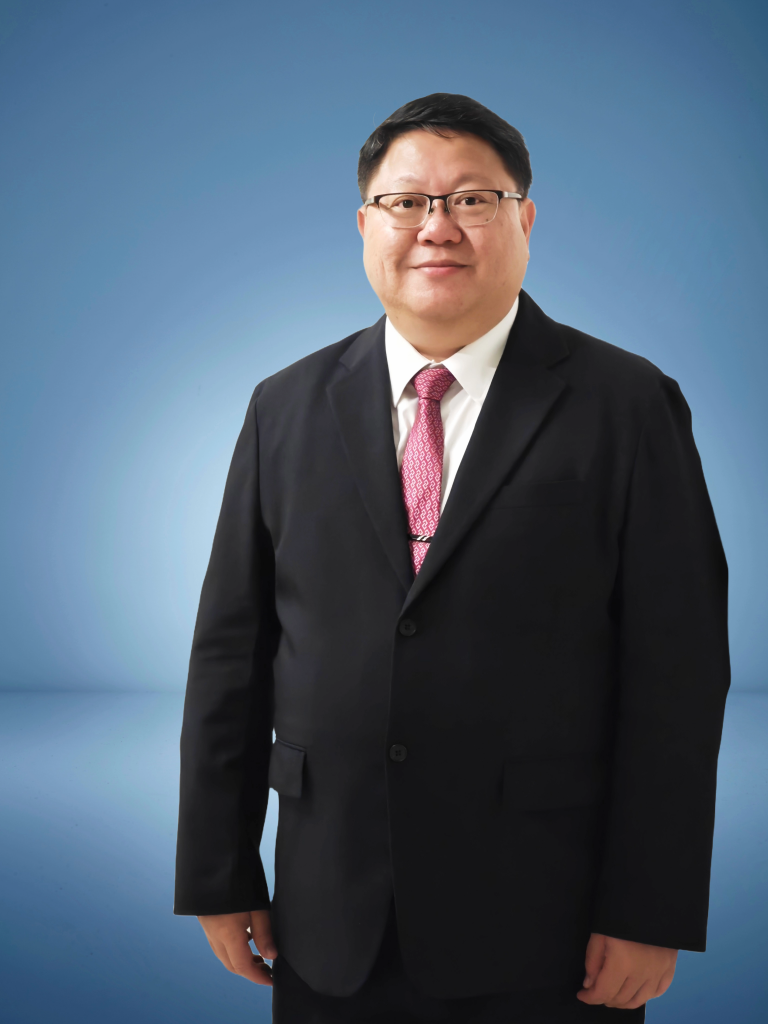
Kenneth M. Y. Leung
City University of Hong Kong
Kenneth Leung is Chair Professor at Department of Chemistry in City University of Hong Kong, where he also serves as the Director of the State Key Laboratory of Marine Pollution. His research interests encompass marine pollution, ecotoxicology, marine ecology, biodiversity conservation and ecological restoration using eco-engineering. So far, he has published over 320 peer-reviewed articles in these areas. He received the 19th Biwako Prize for Ecology from the Ecological Society of Japan in recognition of his contributions to aquatic ecology in Asia-Pacific, and conferred as a Fellow of the Society of Environmental Toxicology and Chemistry (SETAC). In 2022, he was elected as a Fellow of both the Royal Society of Biology and the Royal Society of Chemistry. Currently, he is leading the Global Estuaries Monitoring (GEM) Programme has been endorsed by the United Nations as a Decade Ocean Action for the UN Decade of Ocean Science for Sustainable Development (2021-2030).
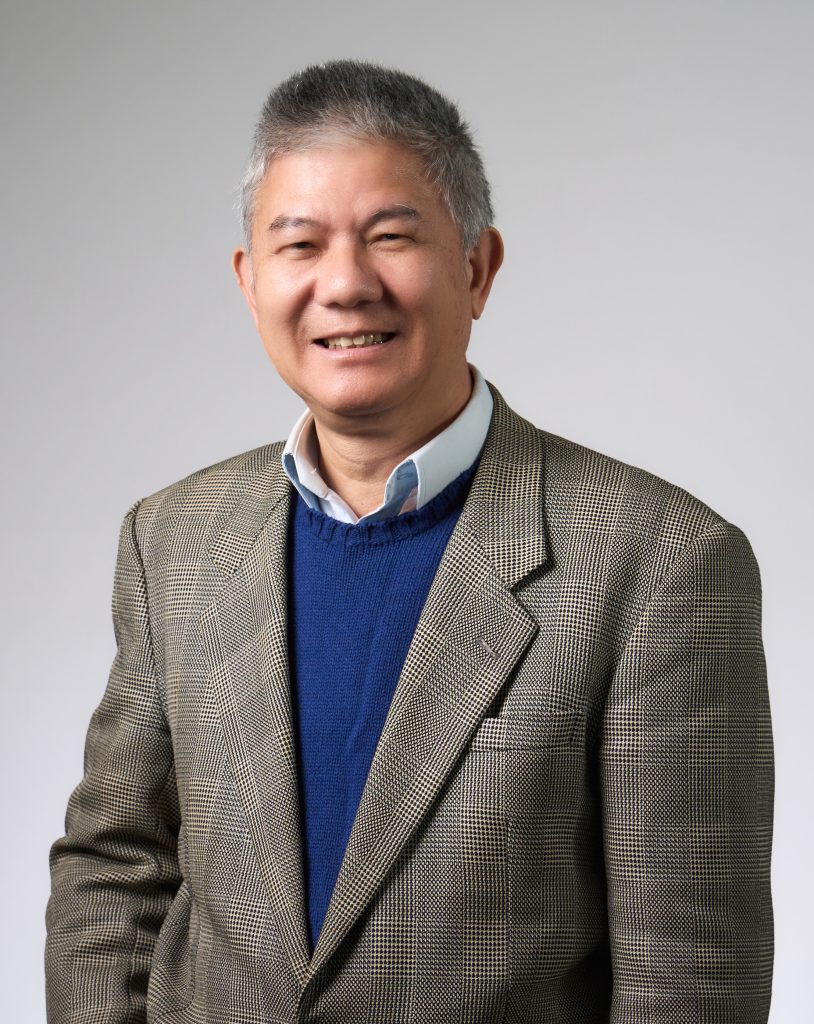
Hongbin Liu
Department of Ocean Science, The Hong Kong University of Science and Technology
Prof. Hongbin Liu is a biological oceanographer with more than 30 years of experience studying plankton food web dynamics and its role in carbon and nutrient cycles in various marine ecosystems. He obtained his PhD from University of Hawaii in 1997, joined the Hong Kong University of Science and Technology in 2005, and was conferred the Chair Professor title in 2021. His current research interests cover broad spectra in marine science, including diversity and functions of microbiomes and environmental stress in estuarine, coastal and oceanic ecosystems resulting from global climate change and human activity.
Over the last three decades, Prof. Liu has led more than a dozen research projects and published more than 300 papers with >9700 total citations. He serves in several editorial boards of international journals and was the guest editor for six special volumes in the field of marine sciences. He was the Chair of the Gordon Research Conference – Marine Molecular Ecology in 2015 and elected ASLO Fellow in 2019.
Upwelling systems are some of the most productive ecosystems of the world. Those associated to the Eastern Boundary Current Systems have been of much interest due to extent of their upwelling areas and their response to changes in climate. [read more]
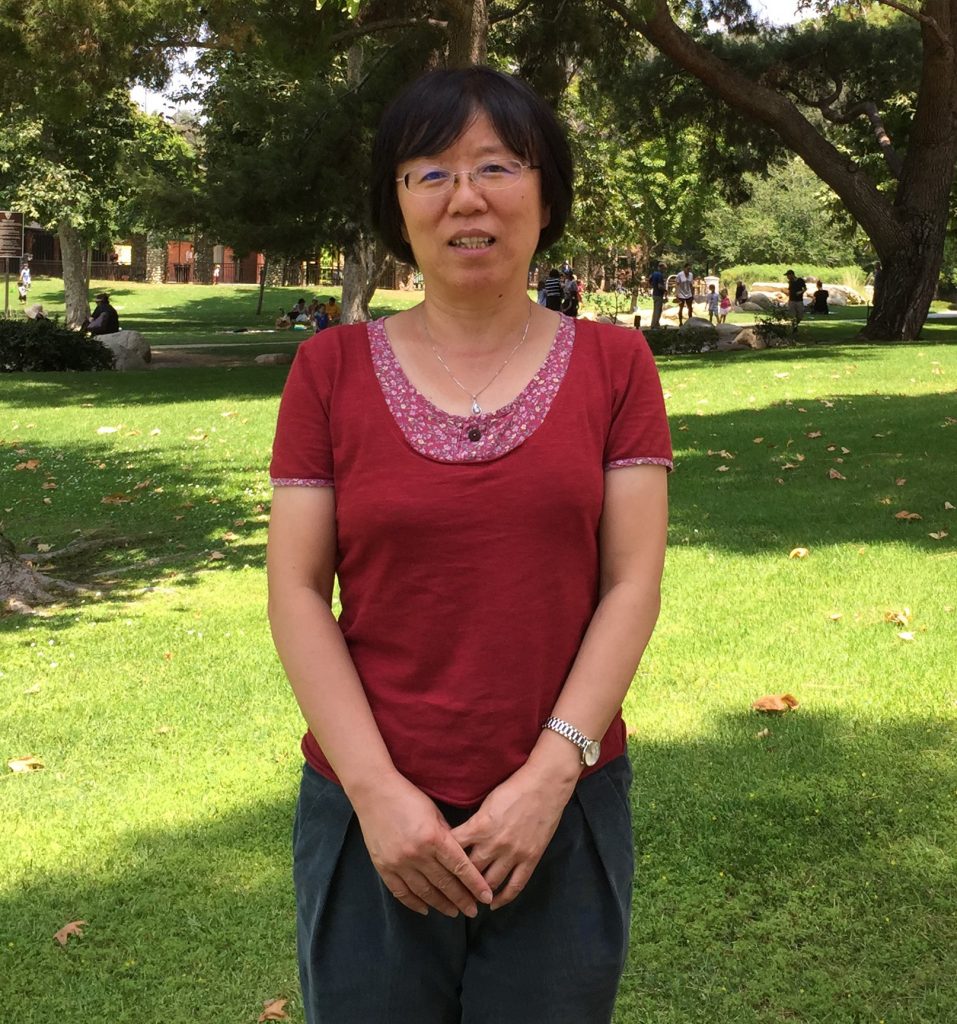
Su Mei LIU
Ocean University of China
Dr. Su Mei LIU is a professor of Chemical Oceanographer at Ocean University of China. Her research focuses on key processes in marine biogeochemical cycles of biogenic elements and their ecological effects, including nutrient cycles, nitrogen isotopes, environmental evolution, silicon dissolution, atmospheric nutrient deposition, and social-ecosystem interactions. She has published more than 320 academic papers.
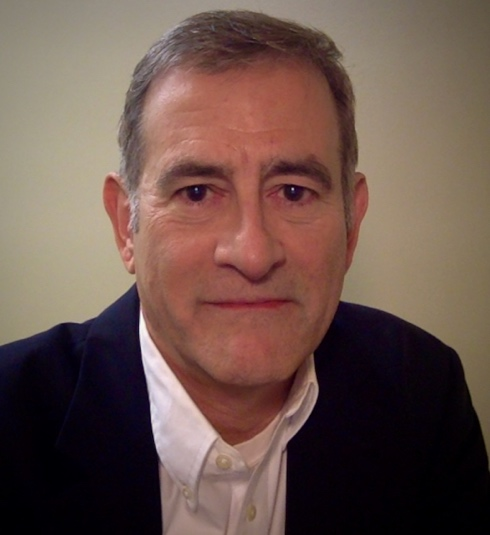
William L. Miller *
University of Georgia, Department of Marine Science
William L. Miller is a Professor of Marine Sciences at the University of Georgia. with many years of experience in ocean research, teaching, and mentoring graduate and undergraduate students. His expertise is in photochemical relationships with redox chemistry, trace gas and carbon cycles, UV optics, and remote sensing models. Miller’s group pioneered “photochemistry from space” by linking laboratory studies to ocean color using original UV algorithms developed from years of field measurements at sea. He was Director of UGA’s Marine Institute and served as a rotator with NSF’s Chemical Oceanography Program. Miller was an original SOLAS SSC member, led the Canadian SOLAS Network while at Dalhousie University, and is a current member of the US Ocean-Atmosphere Interaction Committee and Co-Chair for the International SOLAS Programme.
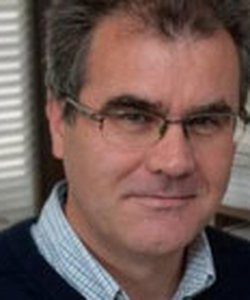
Eugene Murphy *
British Antarctic Survey
Professor Eugene J. Murphy is a distinguished marine scientist with over 35 years of research experience in marine biology and fisheries science. He holds a B.Sc. in Marine Biology and a Ph.D. in Fisheries Science and Modelling. He was Science Leader of the Ecosystems Programme at the British Antarctic Survey (BAS), a Visiting Professor at the University of Newcastle and an Honorary Professor at the University of East Anglia. Throughout his career, Professor Murphy has led numerous large-scale research programs focusing on the dynamics of Southern Ocean ecosystems. His expertise encompasses biological oceanography, ecological modelling, population dynamics, food webs, and the interactions between physical and biological processes. He has a particular interest in Antarctic krill and their role in the Southern Ocean food web. Professor Murphy has been instrumental in developing international initiatives to understand and manage Southern Ocean ecosystems. He led the establishment of the Integrating Climate and Ecosystem Dynamics (ICED) program and has a long association with the Integrated Marine Biosphere Research (IMBeR) program. His contributions to marine science are reflected in his extensive publication record, with over 100 peer-reviewed articles. His work has significantly advanced the understanding of marine ecosystems and informed policy development for the conservation and sustainable management of the Southern Ocean. He is co-leading the Action Plan initiative.
Ensuring a healthy and sustainable ocean in the future requires urgent planning and adaptation to prepare for inevitable change. The challenge is global and requires engagement from experts in multiple disciplines and with diverse perspectives from [read more]
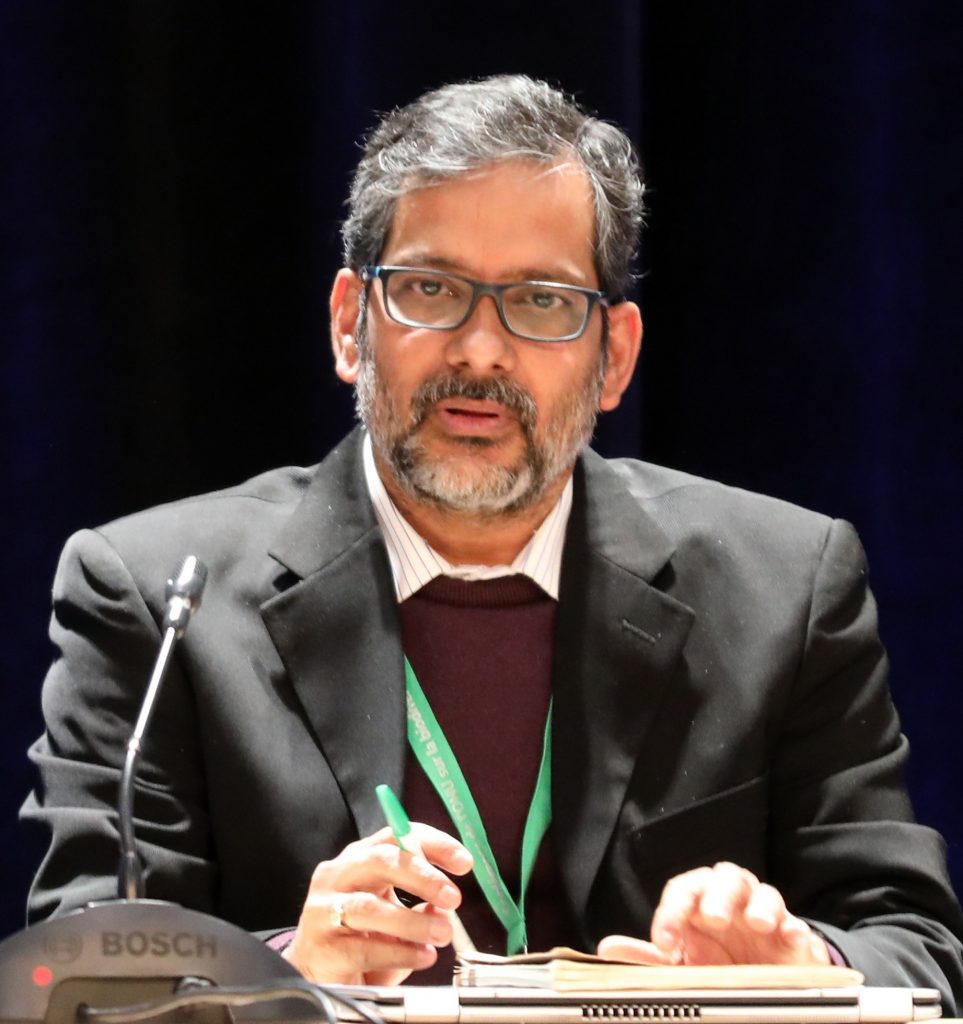
Prateep Kumar Nayak
Faculty of Environment, University of Waterloo
Prateep Kumar Nayak is an Associate Professor in the Faculty of Environment, University of Waterloo, Canada. He is also the Project Director of the Vulnerability to Viability (V2V) Global Partnership for building strong small-scale fisheries communities. Prateep’s core experiences revolve around academic and professional practice work pertaining to the human dimensions of environment, climate change, and natural resource governance. Prateep’s academic background is in political science, environment and resource studies, and international development. Much of his scholarly and research work takes place within an interdisciplinary and transdisciplinary domain focusing on social-ecological system changes, drivers and responses in relation to environment, climate, natural resource and society, especially in the context of small-scale fisheries, forest co-management and coastal communities of Asia and Africa. His main areas of expertise and interest include commons governance, social-ecological system resilience, wellbeing, science of happiness, environmental justice, and political ecology. Prateep has published over 70 refereed papers and book chapters, and a total of over 278 policy, research, review, and technical contributions, including as invited and keynote speaker. He is also recognised as a Science Leader and Advocate in the global science-policy-practice forum and have been invited on numerous occasions to serve on international policy, advisory, advocacy and research committees pertaining to biodiversity, climate, development, and conservation. Prateep was past Trudeau Scholar, a Harvard Giorgio Ruffolo Fellow in Sustainability Science, a SSHRC Canada Banting Fellow and a recipient of Canada’s Governor General Academic Gold Medal, among several other awards and recognitions.
Ocean, Coasts and Society: Reimagining blue transformations and governance at the intersections
Abstract
World’s oceans are the lifeline of the whole of humanity. Yet they are under increasing stress and remain vulnerable to mega drivers (e.g., climate change, blue economy, plastic pollution), and are influenced by broader ecological, socio-economic, and governance [read more]
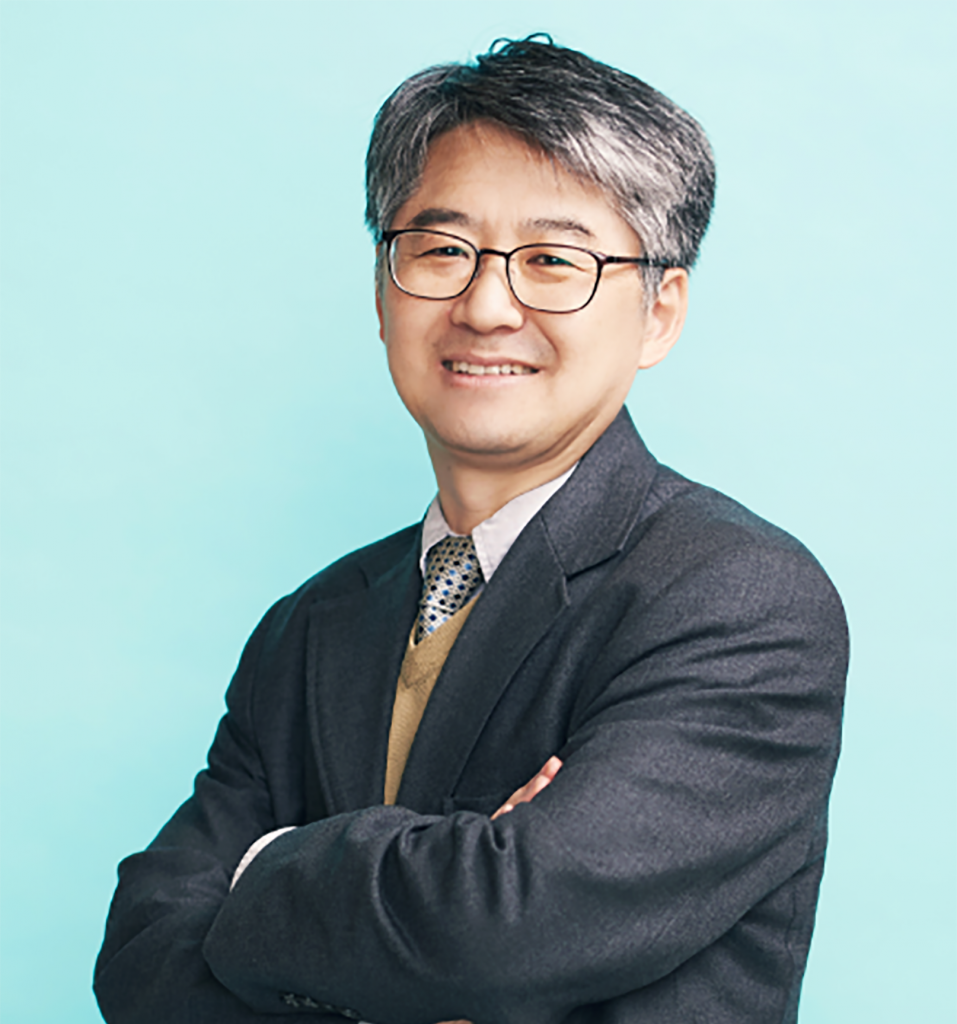
Young-Je Park
TelePix Co., Ltd.
He has been involved in several international projects, including Japan’s JAXA ADEOS-II/GLI project, the MERIS application at the Royal Belgian Institute for Natural Sciences (RBINS), and coastal water monitoring using MODIS and high-resolution satellite imagery at CSIRO, Australia.
Since joining KIOST in 2011, his primary research focus has been on the Geostationary Ocean Color Imager (GOCI), an ocean color sensor operating in geostationary orbit, which provides hourly ocean color images during daylight hours over the northeast Asian seas around Korea. He serves as the Principal Investigator (PI) of GOCI application projects, which focus on utilizing GOCI data to address environmental challenges in Korean waters. Additionally, he was actively involved in the development of its successor, GOCI-II, which became operational in space in early 2020, and led an R&D project to develop the ground system for GOCI-II operations.
His international contributions include serving on the organizing committees for PORSEC (Pan Ocean Remote Sensing Conference) 2018 and IOCS 2019, as well as being a member of the IOCCG Executive Committee and co-chair of the IMBeR OCPC Group.
The IMBeR OCPC Study Group, formed in 2022 with ocean satellite experts, aims to enhance the use of Earth Observation (EO) data for sustainable development in the Central Indo-Pacific (CIP). Through collaboration with regional participants, the group seeks to [read more]
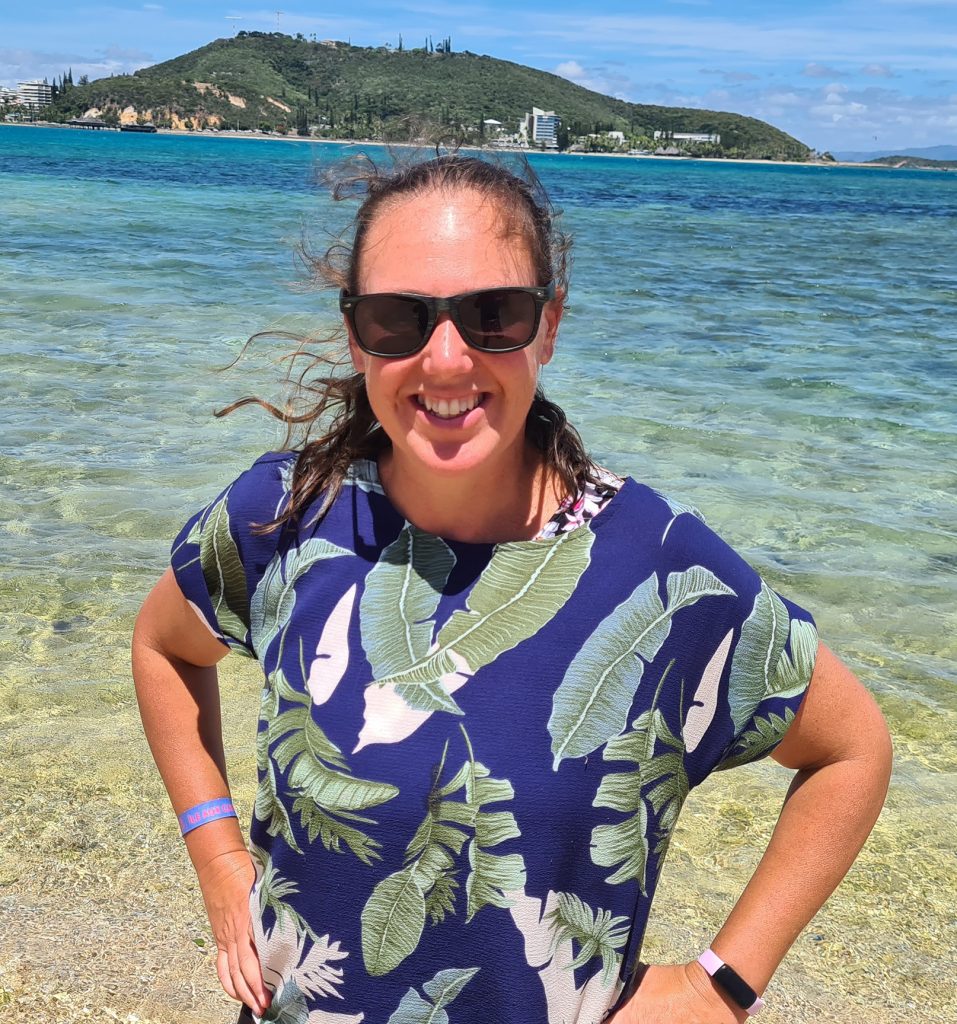
Heidi Pethybridge
CSIRO Environment Research
This talk will showcase the transformative research and key insights gained from two decades of international collaboration under CLIOTOP. Since 2005, CLIOTOP has established a global network of over 200 researchers investigating the complex [read more]
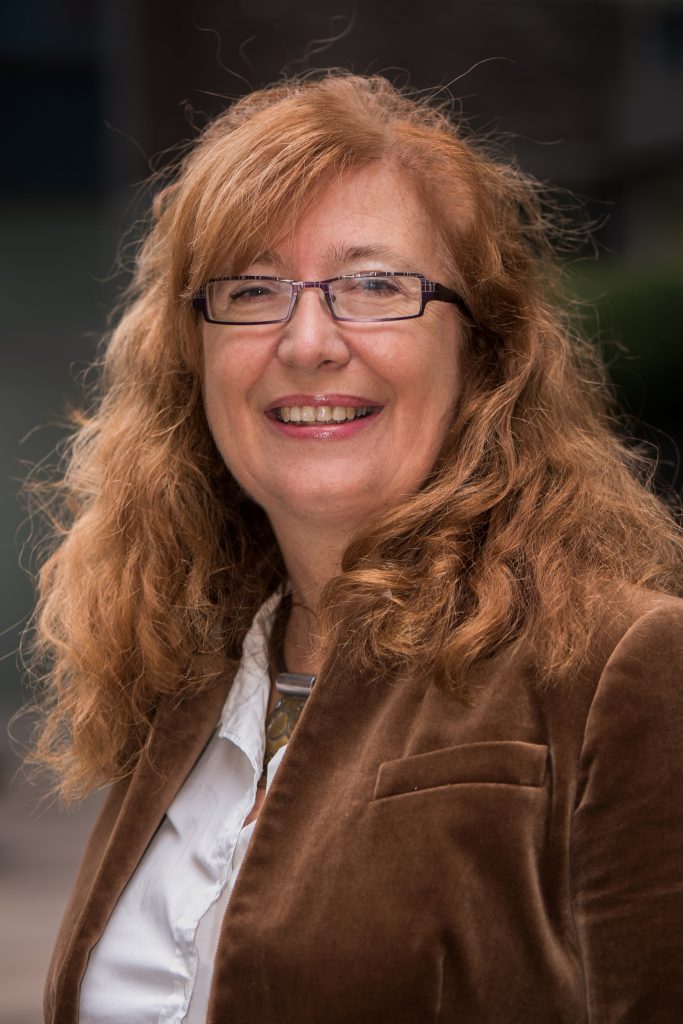
Elvira Poloczanska
Plymouth Marine Laboratory
The Ocean, with its biodiversity and the benefits it provides to people, is on the front line of climate change. Not only for the role that the Ocean plays in regulating the climate system but also the vulnerabilities of its ecosystems and ocean-dependent [read more]
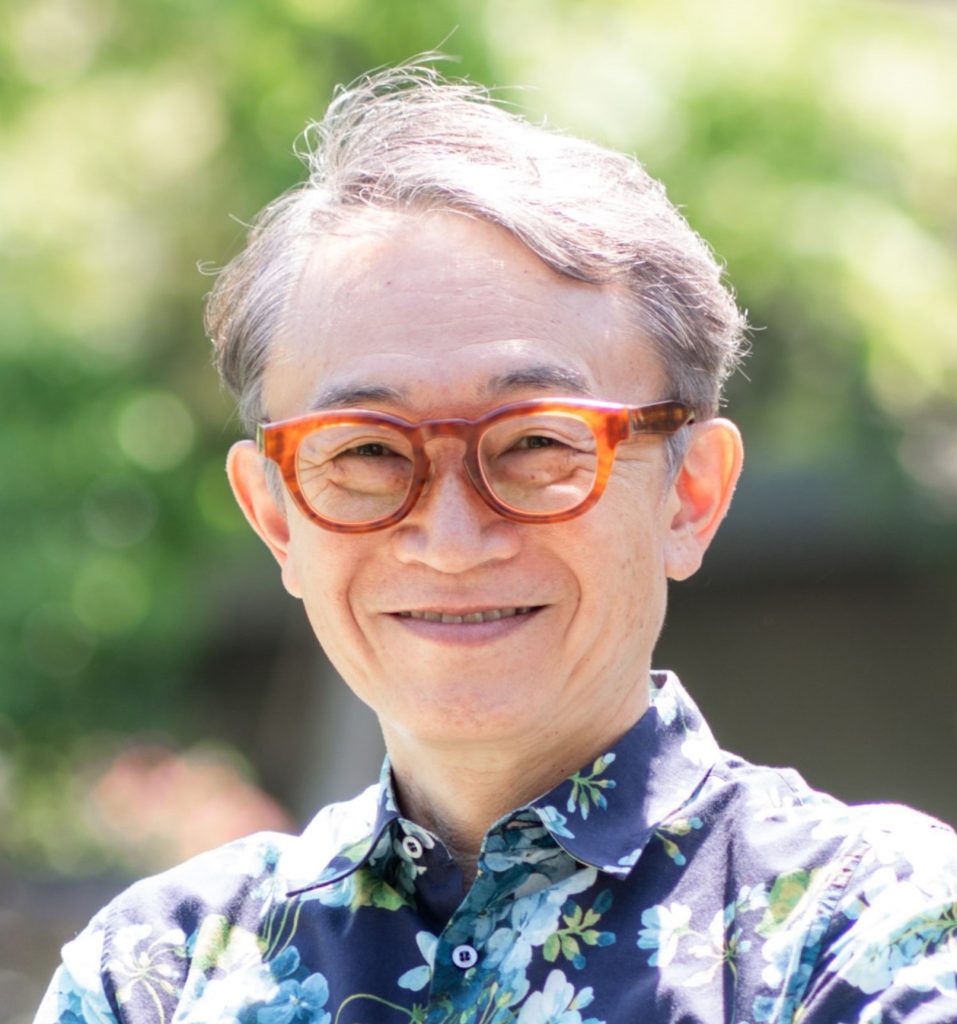
Hiroaki Saito
Atmosphere and Ocean Research Institute, the University of Tokyo

Fang Shen
East China Normal University
Dr Fang Shen is a full Professor of the State Key Laboratory of Estuarine and Coastal Research (SKLEC), East China Normal University, and the lead scientist of Remote Sensing Group of SKLEC. She was a visiting scholar of ITC Netherland and visiting professor of LOV (France), PML (UK) and ISMAR (Italy). Her primary research focuses on ocean colour remote sensing across estuarine, coastal and open ocean environments at both regional and global scales. As a principal investigator, she has led multiple research projects funded by ESA-FE (joint project), NASCC/MOST-ESA (Dragon-3 program), MOST international collaborations, and NSFC grants. Her scholarly contributions include over 100 peer-reviewed publications. Prof. Shen currently contributes to the international scientific community through her roles as: Co-Chair of the IMBeR OCPC Working Group (Ocean Color-based Plant species identification and Carbon flux in the Indo-Pacific oceans); Member of the IOCCG Hyperspectral Remote Sensing Task Force.
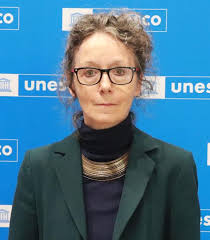
Marie-Alexandrine Sicre
CNRS-Earth and Space
Marie-Alexandrine Sicre is a senior scientist of the Centre National de la Recherche Scientifique (CNRS), Earth and Space Institute, and is based at Sorbonne Université, Paris France. She earned a PhD in chemical oceanography and was a postdoctoral fellow at Woods Hole Oceanographic Institution, USA. She led a 12-year long interdisciplinary program on the interactions between climate and human societies upon neolithization in the Mediterranean region. Most recently, the focus of her research has been on the role of the ocean on climate variability during the Common Era. She became a member of the expert groups Ocean2k and Iso2k of the international program PAGES. In 2022, she joined the Indian Ocean Region Panel of WCRP- Clivar. She published over 120 papers and is ranked in the Reuters Hot list of the 1000 world’s top most influential climate scientists. Marie-Alexandrine Sicre served as President of the Scientific Committee on Oceanic Research (SCOR) (2016-2020) and SCOR Past President (2020-2024). She was elected vice-chair of the Intergovernmental Oceanographic Commission of UNESCO in 2021 and co-chaired of the Second International Indian Ocean Expedition (IIOE-2) from 2020 to 2024. She became a fellow of the International Science Council in 2022.
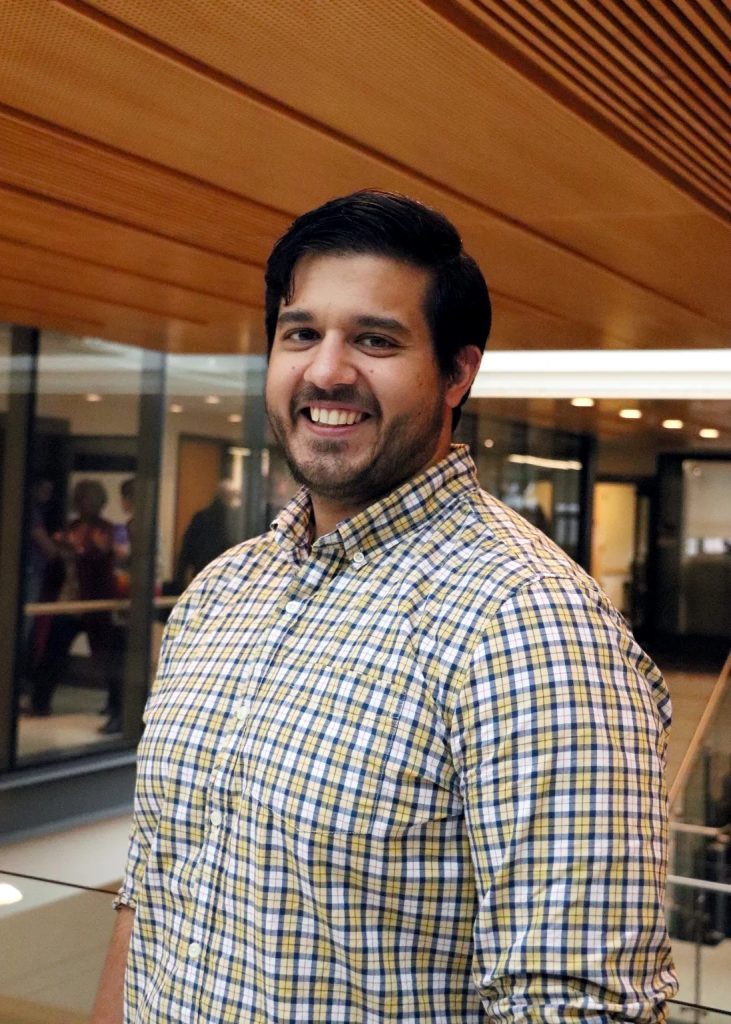
Gerald Singh
University of Victoria
Gerald Singh is an Assistant Professor and Ocean Nexus Chair in Global Change and Sustainable Development with the School of Environmental Studies at the University of Victoria. Singh is also the Deputy Research Director with the Nippon Foundation Ocean Nexus Center. His research is primarily situated in the science-policy interface towards sustainable development. This focus takes form in the following ways: 1) design science programs for policy relevant science; 2) determine priority policy actions and plans to achieve specific sustainable development objectives; 3) assessing cumulative anthropogenic impacts on the environment and understanding the consequences to people ; 4) understand risk and uncertainty in sustainability policy and management.
Indirect, unexpected, and unintended: expanding researchprograms for supporting actions towards oceansustainability
Abstract
While predictive models have helped scientists evaluate drivers of change as well asexplore scenarios, they often fall short of effectively planning and evaluating interventions towards desired changes. Global change variables [read more]
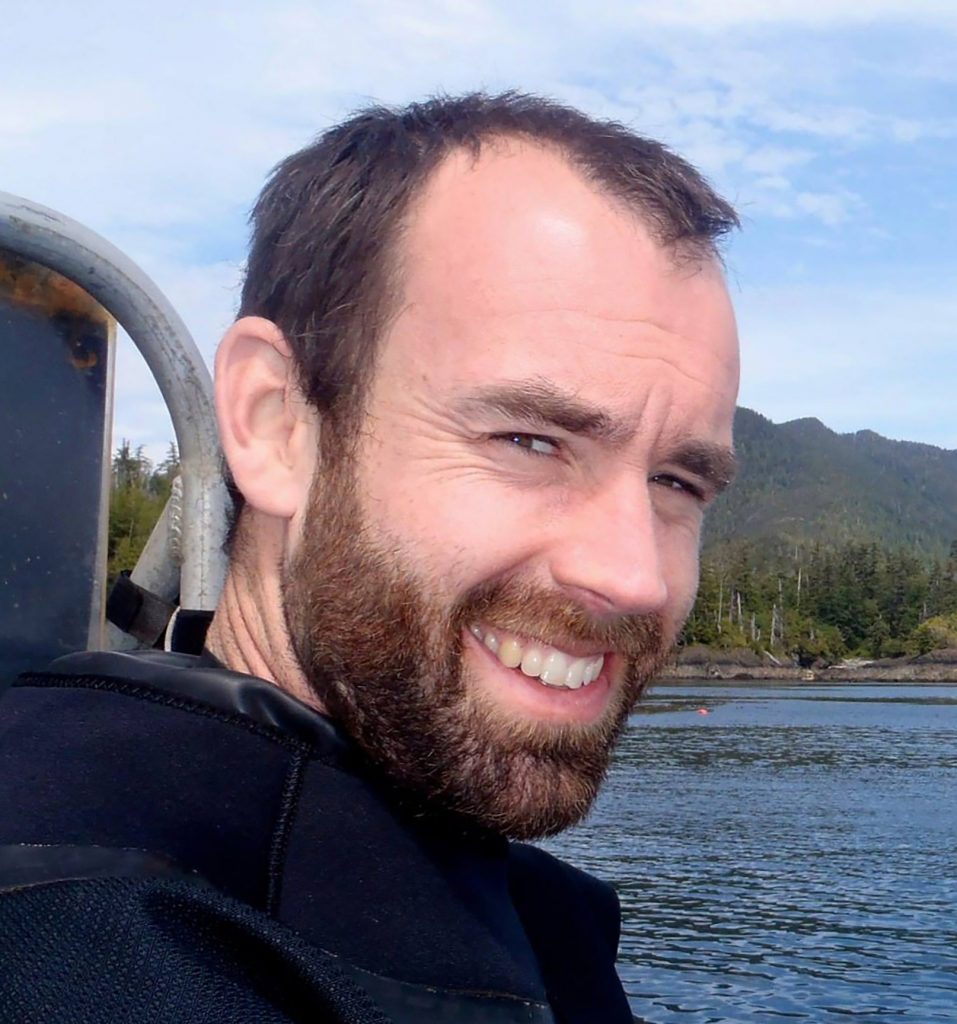
Rowan Trebilco
CSIRO Environment, and Centre for Marine Socioecology
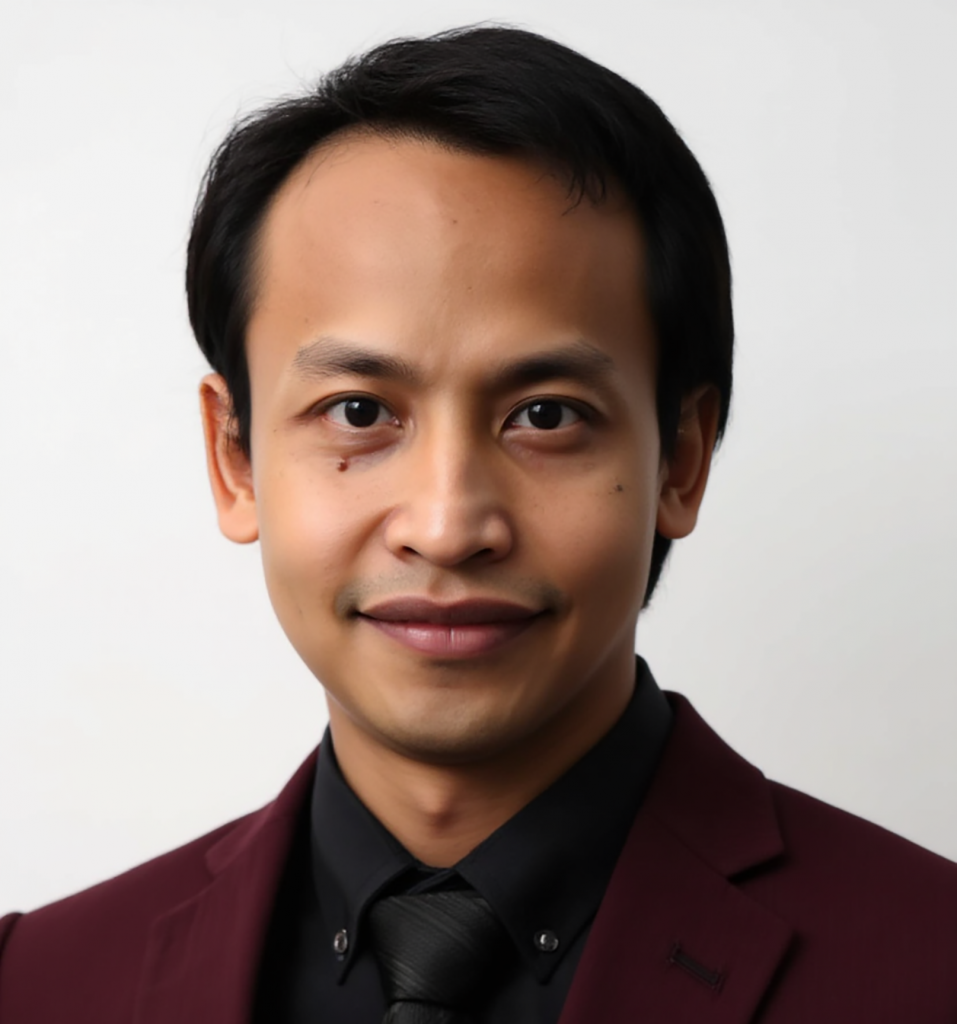
A’an Johan Wahyudi
National Research and Innovation Agency of the Republic of Indonesia (BRIN)
A’an Johan Wahyudi is a Research Professor in Marine Biogeochemistry and a Principal Research Scientist specializing in the ocean’s carbon cycle. His work focuses on assessing the sources, variability, and impacts of organic carbon and carbonate systems, including the organic carbon budget, carbonate system variability, and nutrient dynamics, as well as investigating element transfer, deposition, and accumulation. He serves as the IMBeR National Contact for Indonesia, Chairman of the Indonesia Marine Biogeochemistry Forum, and Secretary-General of the Oceanologist Association of Indonesia.
The Indonesia Marine Biogeochemistry Forum (IMBF) is a new collaborative initiative dedicated to advance marine biogeochemistry research in Indonesia while aligning with the global objectives of the Integrated Marine [read more]
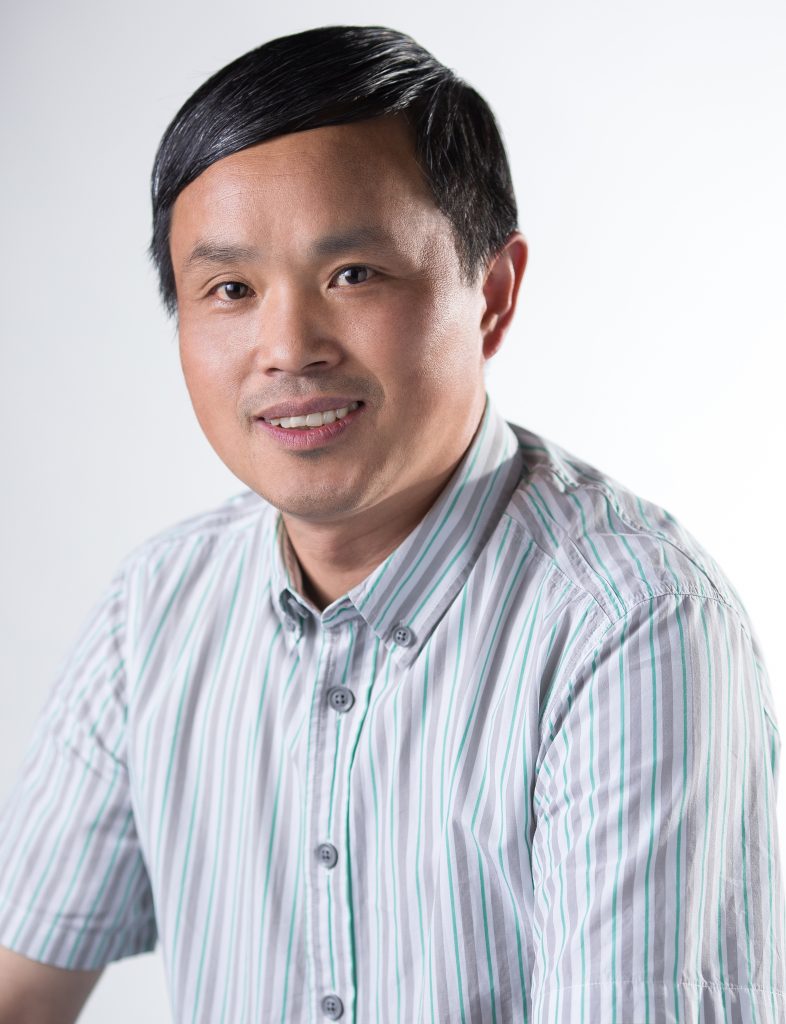
Weiguo Zhang
East China Normal University
My research area lies in geomorphology, sedimentology and costal environmental processes, with the aims to understand human-nature interaction in the coastal zone over different timescales and provide support for sustainable coastal management. My recent work includes delta evolution, sediment source tracing, sedimentary processes, ecosystem service evolution dynamics and coastal pollution. Research skills include geomorphological, sedimentological, environmental magnetic, geochemical and radionuclide methods. I have published >170 peer-reviewed papers, and co-edited one book ‘Delta Sustainability:A Report to the Mega-Delta Programme of the UN Ocean Decade’(Springer, 2024), and three special issues in the journal of Estuarine, Coastal and Shelf Science (2015, 2020) and Geomorphology (2022).
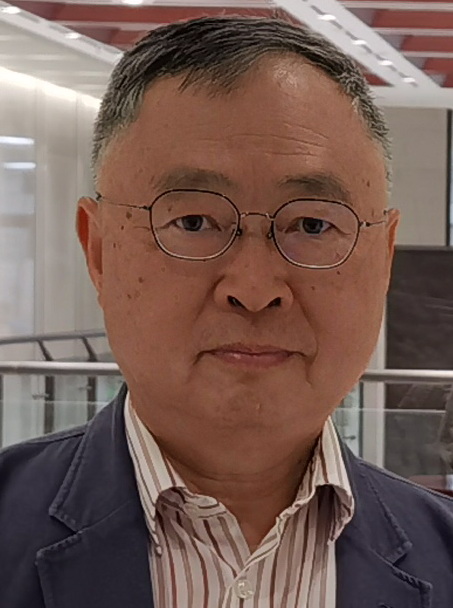
Liping Zhou
Peking University
Liping Zhou is Boya Distinguished Professor at Peking University. He earned a PhD at University of Cambridge. He did postdoctoral research in the University of East Anglia and University of Cambridge before he returned to Peking University. He expanded his research into ocean studies as a geochronologist while maintaining close contact with Quaternary and archaeology community. He was co-founder of the Centre for Ocean Research, and then the Institute of Ocean Research at Peking University and the founding director of Weihai Institute of Oceanology of Peking University. His current research focus on the applications of isotopic tracers in the study of water masses mixing and deep ocean circulation as well as air-sea exchange. He now serves as co-chair of the PAGES (Past Global Changes), and vice chair of Subcommission of Quaternary Stratigraphy, International Commission of Stratigraphy.
Sorted alphabetically by surname
Speakers marked with * will present online
More speakers to be confirmed